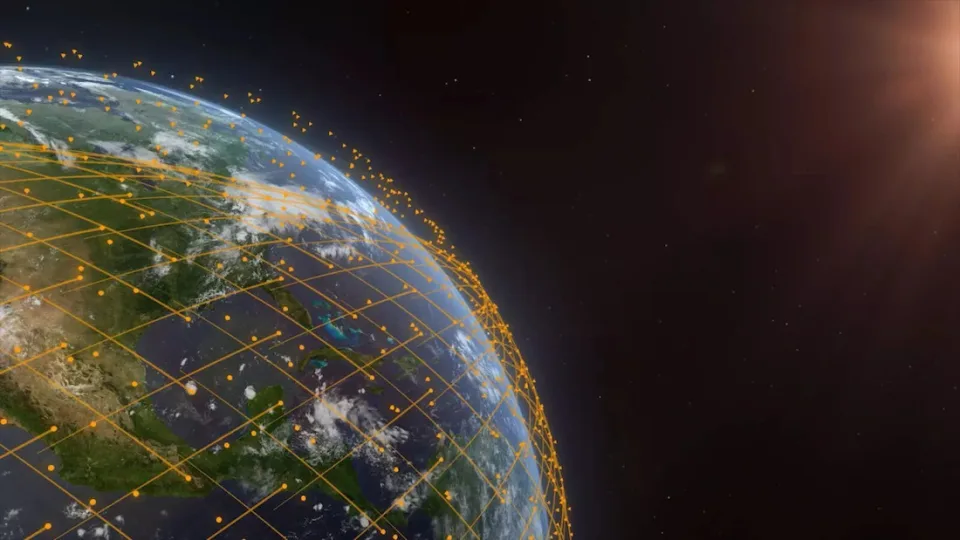Once considered a futuristic jest, space lasers have evolved into practical tools for advancing technology above and enhancing developments for us here on Earth. NASA has utilized space lasers to study plankton, and there are plans to deploy them for clearing space debris. Amazon’s Project Kuiper has now entered the scene, revealing advancements in its optical inter-satellite links (OISLs), establishing an extensive mesh network of high-speed laser cross-links. This innovation holds the potential for accelerated data transmission, even to the most remote locations on Earth.
In October, Amazon successfully launched two prototype satellites, conducting triumphant tests a month later. During these tests, the satellites transmitted and received data at speeds reaching up to 100 gigabits per second. Amazon expressed confidence in the ability to maintain cross-links between multiple satellites simultaneously, a crucial feature for a next-generation space mesh network, according to the company.
Effectively implementing OISLs required laser links to sustain contact over distances of up to 1,616 miles, contending with spacecraft moving at a velocity of 15,534 miles per hour. Amazon also had to mitigate light spreading to preserve the signal and accommodate the additional dynamics of these moving elements, a challenge it claims to have successfully addressed.
Amazon asserts that its mesh network propels data approximately 30 percent faster than conventional terrestrial fiber optic cables. Ricky Freeman, Vice President of Kuiper Government Solutions, highlighted the significance of Amazon’s optical mesh network, emphasizing its ability to offer multiple paths for secure data transportation globally, ensuring resilience and redundancy. Freeman expressed the importance of this technology for those seeking secure communication, particularly in scenarios where interception or jamming risks exist. Amazon aims to extend these capabilities to public sector customers requiring efficient data transfer from remote locations to their intended destinations, making it accessible to diverse users, from cruise ship passengers to multi-day hikers.
Initiated in 2019, Project Kuiper has recently gained momentum. Following successful tests, Amazon has announced the commencement of satellite production for Project Kuiper, anticipating “full-scale deployment” in the first half of 2024. The company envisions early customer trials beginning in the latter half of the same year. Notably, Amazon has entered into an agreement with SpaceX to expedite the launch of additional Project Kuiper satellites.




